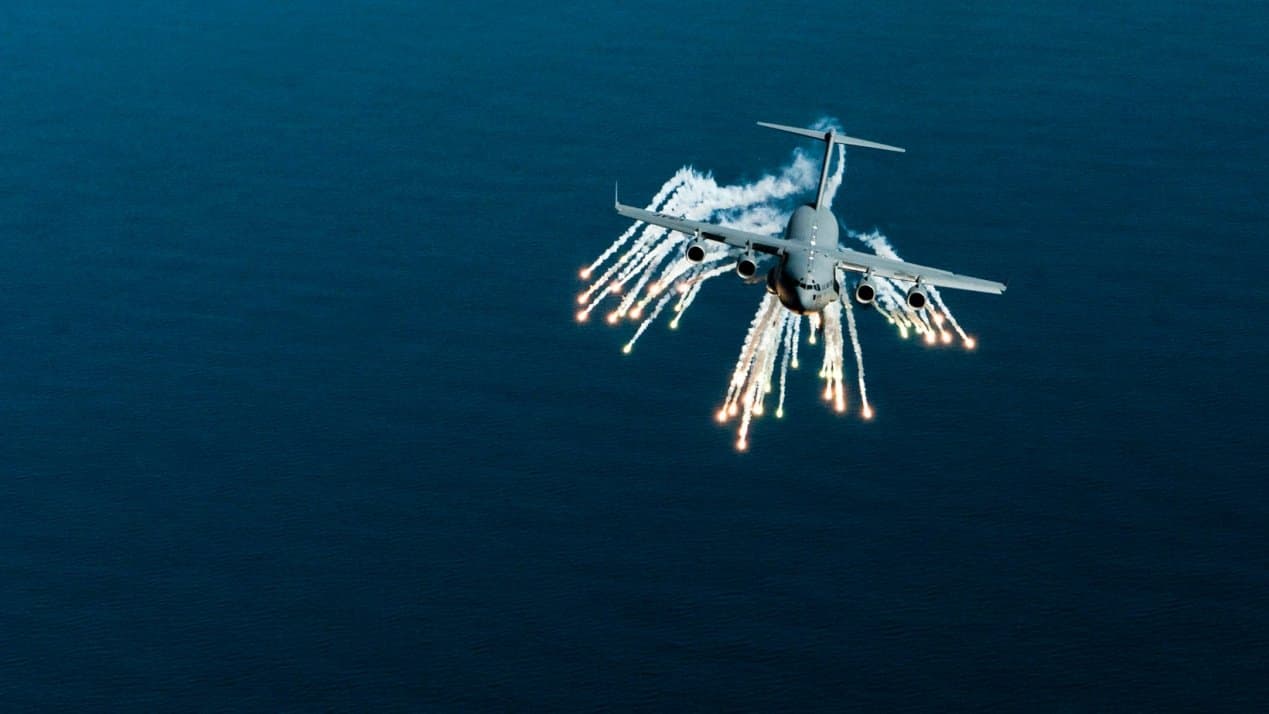We're loading the full news article for you. This includes the article content, images, author information, and related articles.
Prolonged industrial action at key US military plants raises questions about the global supply chain for defense hardware, a sector with growing strategic importance for East African security partners.

GLOBAL – A protracted strike at three of Boeing's critical US Midwest defense plants is set to continue after workers on Sunday, October 26, 2025, rejected the company's latest contract offer, extending a work stoppage that has now surpassed 80 days. The dispute, involving approximately 3,200 members of the International Association of Machinists and Aerospace Workers (IAM) District 837, has halted the production of key military aircraft, sparking concerns over potential delays in domestic and international supply chains.
The strike began on August 4, 2025, at Boeing facilities in St. Louis and St. Charles, Missouri, and Mascoutah, Illinois. These plants are central to the production of the F-15EX Eagle II and F/A-18 Super Hornet fighter jets, the T-7A Red Hawk trainer, and the MQ-25 Stingray autonomous refueling drone. The latest five-year contract proposal was narrowly rejected by a 51% to 49% margin, a result the union leadership says proves Boeing has not adequately addressed core employee concerns.
The central sticking points in the deadlocked negotiations are retirement security and wage growth. The IAM has demanded stronger employer contributions to workers' 401(k) retirement savings plans, aiming for parity with benefits offered to Boeing's union members in the Pacific Northwest. The union also argues that proposed wage increases fail to keep pace with inflation and do not sufficiently reward the most experienced technical staff. In a statement following the vote, IAM International President Brian Bryant asserted, "Boeing's corporate executives continue to insult the very people who build the world's most advanced military aircraft." Boeing expressed disappointment with the outcome, highlighting the slim margin of the vote and stating it would now focus on executing its contingency plans to support customers. The company's rejected offer included a ratification bonus, company shares, and a retention bonus, but the union deemed these improvements insufficient.
The production halt directly impacts the supply lines for the U.S. Department of Defense and allied nations that operate these aircraft. Delays in the delivery of the F-15EX, for example, could affect the modernization timelines for the U.S. Air Force. While the Kenya Defence Forces (KDF) do not operate the specific fighter jets assembled at the striking plants, the broader implications of the dispute are relevant to Kenya and the East Africa region. The KDF and other regional forces are increasingly engaged in military modernization programs, often in partnership with the United States. Kenya, for instance, has recently unveiled a multi-year, multi-billion shilling investment in advanced military equipment, including drones and helicopters, to counter regional threats like Al-Shabaab. A prolonged disruption at a premier U.S. defense manufacturer like Boeing underscores potential vulnerabilities in global supply chains for critical security hardware. This strike serves as a case study for nations dependent on foreign suppliers, highlighting how domestic labor disputes abroad can have unforeseen strategic consequences. Furthermore, the U.S. views security cooperation as a key pillar of its engagement in Africa, partly to counter the growing influence of China and Russia on the continent. Instability in its own defense industrial base could complicate these strategic partnerships.
The strike at its defense division, which accounts for over 30% of the company's revenue, presents another challenge for Boeing as it seeks to regain stable financial footing after years of turbulence in its commercial aviation sector. While the company maintains it has contingency plans to mitigate the strike's impact, the long-term stoppage threatens to affect revenue and production targets ahead of its next earnings report. The dispute also reflects a wider trend of assertive labor action across major U.S. industries. With both sides entrenched, the timeline for resuming full production of some of the world's most advanced military aircraft remains uncertain, with potential ripple effects for security partners worldwide.
Keep the conversation in one place—threads here stay linked to the story and in the forums.
Sign in to start a discussion
Start a conversation about this story and keep it linked here.
Other hot threads
E-sports and Gaming Community in Kenya
Active 9 months ago
The Role of Technology in Modern Agriculture (AgriTech)
Active 9 months ago
Popular Recreational Activities Across Counties
Active 9 months ago
Investing in Youth Sports Development Programs
Active 9 months ago